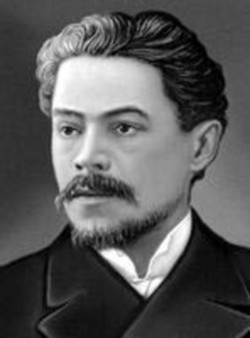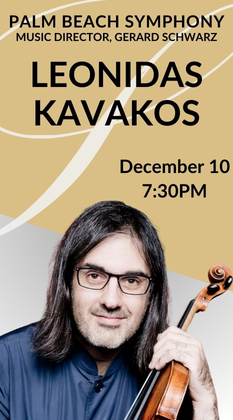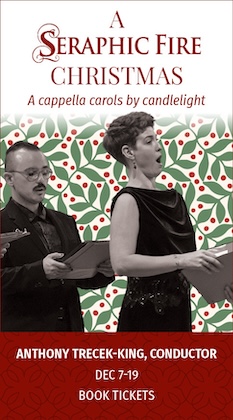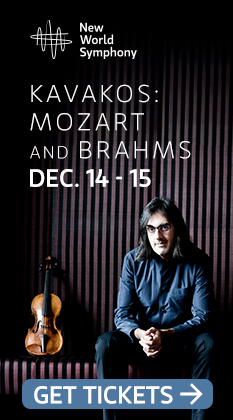The Delray Quartet offers a varied program with two Russian rarities

Anton Arensky's String Quartet No.2 was performed Sunday by the Delray String Quartet.
The Delray String Quartet has been adding luster to the South Florida music scene now for seven seasons. Second violinist Tomas Cotik, new to the group this season, has quickly become integrated into the ensemble, which has developed a following across three counties.
The Delray Quartet opened the new year Sunday afternoon at its home base at the Colony Hotel in Delray Beach with a program featuring three composers.
The concert led off with Beethoven’s Quartet in B-flat, Op. 18, No. 6. The last of his published early quartets, the work is less knotty than his late works in the genre, with a clear structure, easily discernible melodies, and a style that descends directly from Haydn and Mozart.
Beethoven’s quartet was given a strong, vigorous performance, underlined by a live and unforgiving acoustic that magnified a few scrapes and blemishes. The music was largely well served, particularly La Malinconia, the Adagio opening to the last movement. Although the tragic mood is quickly dispersed in favor of a faster tempo and cheerier mood, Beethoven’s written request that the opening “be played with the utmost delicacy” was affectingly observed by the Delray musicians. With the doors to the room in the lobby left open, passing trucks lent their own percussive coloration to the listening experience.
At about 12 minutes, Shostakovich’s String Quartet No. 7 in F minor is the shortest of his essays in the form. Written in 1960 in memory of his first wife, it shows the composer withdrawing into himself and embracing an even more introspective style. Each instrument is afforded solo possibilities, often playing alone, unaccompanied and unadorned. The piece eventually erupts into an angry and ferocious fugue, which confirmed in glorious fashion the skills of each Delray member, with the players ripping into the music with savage abandon. The final retreat into quiet resignation was sensitively accomplished.
Anton Arensky was a student of Rimsky-Korsakov, but found himself influenced to a greater degree by his friend, Tchaikovsky. Arensky’s String Quartet No. 2, Op. 35a, was originally written for violin, viola, and two cellos, and revised for standard string quartet forces, the version that was performed Sunday.
In the first movement, Arensky drew his theme from the Greek Orthodox liturgy, and the last movement uses the famous Slava theme also employed by Beethoven in the second of his Rasoumovsky Quartets, and by Mussorgsky in his opera Boris Godunov.
The middle movement, a set of variations on a Tchaikovsky theme, became Arensky’s best known work in his later arrangement for string orchestra. Few would be able to identify Tchaikovsky’s theme, however, since it is taken from one of his most obscure works, the song Legend–The Christ Child Had a Garden from his Sixteen Songs for Children.
The heavy borrowings apart, the music made for a stirring experience in the hands of the Delray musicians, with the rich instrumental tones of violist Richard Fleischman and cellist Claudio Jaffe particularly sumptuous.
The program will be repeated Jan. 9 at St. Stephen’s Episcopal Church, Coconut Grove; Jan. 14 at All Saints Episcopal Church in Fort Lauderdale; and Jan 16 at Trinity by the Cove Episcopal Church in Naples. delraystringquartet.com; 561-213-4128.
Posted in Performances
Leave a Comment
Mon Jan 3, 2011
at 1:02 pm
No Comments


